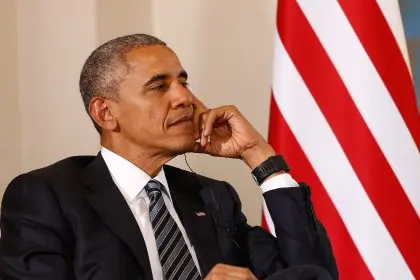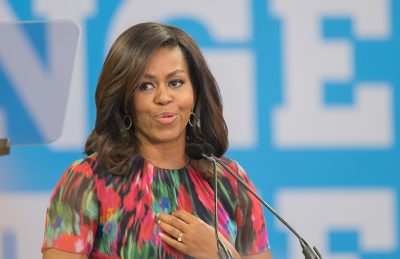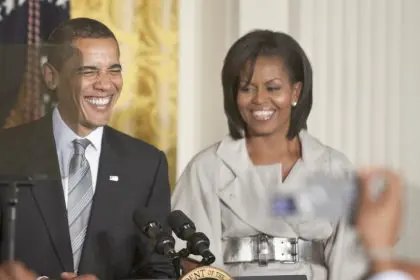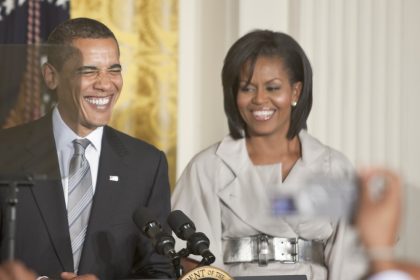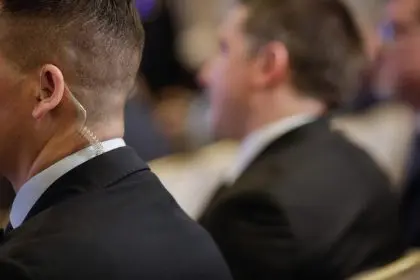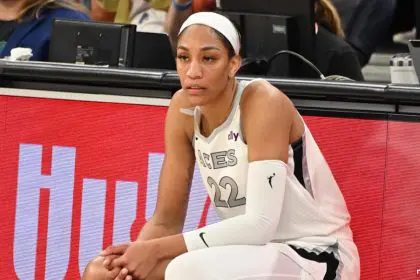 President Barack Obama no sooner douses the fire raised about troop withdrawal plans in Afghanistan than he has to seek ways to repel another cultural inferno from erupting: his position on gay marriage.
President Barack Obama no sooner douses the fire raised about troop withdrawal plans in Afghanistan than he has to seek ways to repel another cultural inferno from erupting: his position on gay marriage.
The timing could not be better, or worse, depending on which side of this issue you are on. Obama will travel to New York City for a gala and fundraiser for gay supporters, which comes coincidentally just as the New York State Legislature is primed to legalize gay marriages. New York is seen as an important state on this issue.
Obama has drawn the ire of the gay, lesbian, bisexual and transexual community for his seeming unwillingness to endorse gay marriage. The LGBT had begun to voice their consternation with the president for his hesitancy on providing redress on issues pertinent to them.
But Obama won a brief reprieve when he boldly repealed the antiquated “Don’t Ask, Don’t Tell” policy that prevented gays from openly serving in the military. He also told Attorney General Eric Holder and the Department of Justice to stop defending a federal law defining marriage as between a man and a woman.
But as the president prepares to be the star attraction at a gala at the Sheraton New York Hotel and Towers that commands upwards of $35,800 per plate, many gay attendees are more than a little curious as to how far Obama’s stance has evolved over gay marriage. They want him to toss the weight of his office in the direction of the N.Y. State Legislature and other states in order to “encourage” the passage of legalized gay unions.
And that is Obama’s quandary. The LGBT represent a very important and well-heeled voting block in American politics. But so does the equally passionate opposition. Obama threatens to alienate one voting block if he comes down definitively on either side of this issue.
In this manner, Obama’s presidency resembles John F. Kennedy’s greatest domestic policy dilemma in 1963. It was where the Kennedy brothers threatened to imperil their chances for remaining in the White House by advocating strongly for African Americans to be given civil rights, thereby possibly alienating Southern Democrats who were overt segregationists at the time. The more politically inclined JFK wanted to tread lightly on this issue, whereas his brother, Attorney General Robert F. Kennedy, urged his older brother to grease the wheels for civil rights enactments.
African Americans at the time were not sympathetic to the Kennedys’ plight. That generation of blacks wanted equal rights immediately. Similarly, the gay community is not sympathetic to Obama’s dilemma.
Thus far in his administration, Obama has endorsed civil unions but not marriages for gay and lesbian couples, much to their disappointment. The question is: has Obama’s conservative views on marriage evolved fast enough to earn the LGBT’s important support for next year’s presidential campaign? And if Obama does finally endorse gay marriage prior to the 2012 elections, what will be the populist backlash, particularly from the religious community, conservative Democrats and Independents, many of whom voted for Obama in 2008?
–terry shropshire

